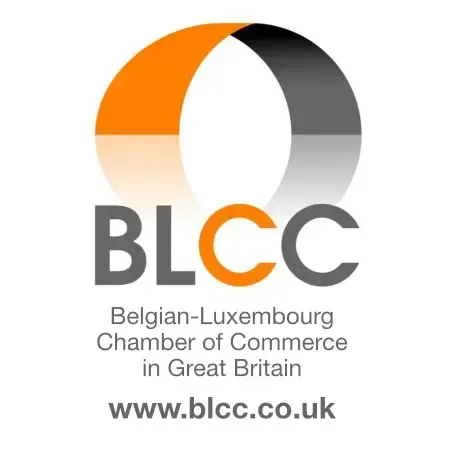Travel Expert Explains How Government Digital ID System is Flawed and Amounts to Digital Exclusion
We’ve Already Run this experiment. It didn’t work.

Following the Government’s announcement last week on the introduction of Digital ID system please see below a comment on the impact to the travel industry from Irra Ariella Khi, tech entrepreneur and CEO of Zamna AI - a company that centres around privacy and airport security and has built identity and compliance infrastructure for airlines and border agencies.
"As a CEO in identity tech, I watched 300+ airlines and IATA, the world’s airline body, try to roll out digital wallets and IDs during COVID. Even with the global pressure of international travel, fewer than 2% of passengers used them, and 90% of those never completed onboarding.
Wallets exclude. They demand smartphones, digital literacy, trust in surveillance, and a tolerance for friction: things many people don’t have or won’t give.
No government should ever say: ‘To work, to access services, to participate in society, you must own a smartphone or computer.’ That’s not inclusion. That’s digital gatekeeping.
And let’s not forget: during COVID, the UK Border Force had to install banks of chargers, Wi-Fi routers, and tech support just to help passengers prove a single thing: their health status. One piece of a much bigger identity puzzle. Even that was chaos.
Fast-forward to now — the passport eGates at Stansted go down, and they call in the army to manually check passports. That’s the reality. Tech fails. You must have a human and analogue fallback.
We’ve already run this experiment. It didn’t work. The UK is repeating the same mistake — just on a much bigger scale.”
Irra has scaled venture-backed tech businesses in cybersecurity and data infrastructure and has secured strategic partnerships with some of the world’s leading airlines and aviation authorities, as well as navigating complex regulatory environments with consistent success.
She is also extremely articulate and a brilliant interview - here’s more details about her profile - irraariellakhi.com . As a second-generation Ukrainian immigrant and Oxford graduate, Irra is known for challenging outdated systems and pushing innovation forward, particularly in male-dominated industries. At Zamna AI, she’s leading the charge to bring modern identity infrastructure to the heart of global aviation.
In addition to speaking about the latest Government plans Irra can speak to the following:
- The importance of alleviating some of the complexities around identity checking and clearing/navigating through airports quicker can help.
- How technologies are helping to removing the bias that I can happen during the manual identity checking process.
- The impact of stricter regulations in creating a “perfect storm” for bottlenecks.
- How identity verification should be as seamless as mobile boarding passes.
- That airlines today bear the full burden of compliance, from checking passenger documents to absorbing the cost of mistakes. It’s an outdated model that creates inefficiency and risk across the industry. By outsourcing liability to specialized identity platforms, airlines can free up resources, speed up boarding, and deliver a smoother passenger experience.
- Europe and the UK are pivoting to tighter border controls driven by politics, not public health. New authorizations and stricter document rules will reshape passenger experience and airline operations.
- How true seamless travel will only be possible when identity verification is automated and invisible to the traveller.
And finally... here are some extra facts that Irra supplied that you might find interesting:
-About 1.7m households are offline, according to the Digital Poverty Alliance.
-Age UK has estimated around 2m people aged over 74 do not use the internet
-Eight per cent of people aged 16 or over do not have a smartphone, which for the UK translates into just under 4.5 million people, but among the over-75s the proportion is said to be 28%.



